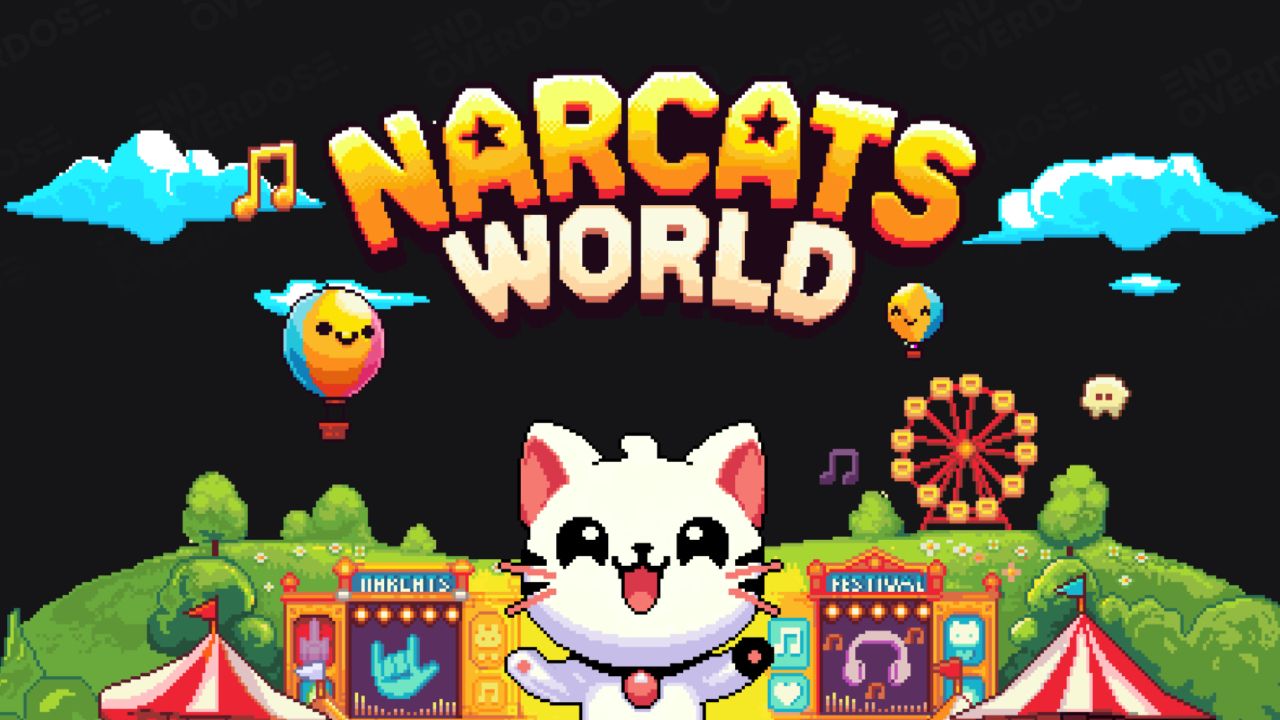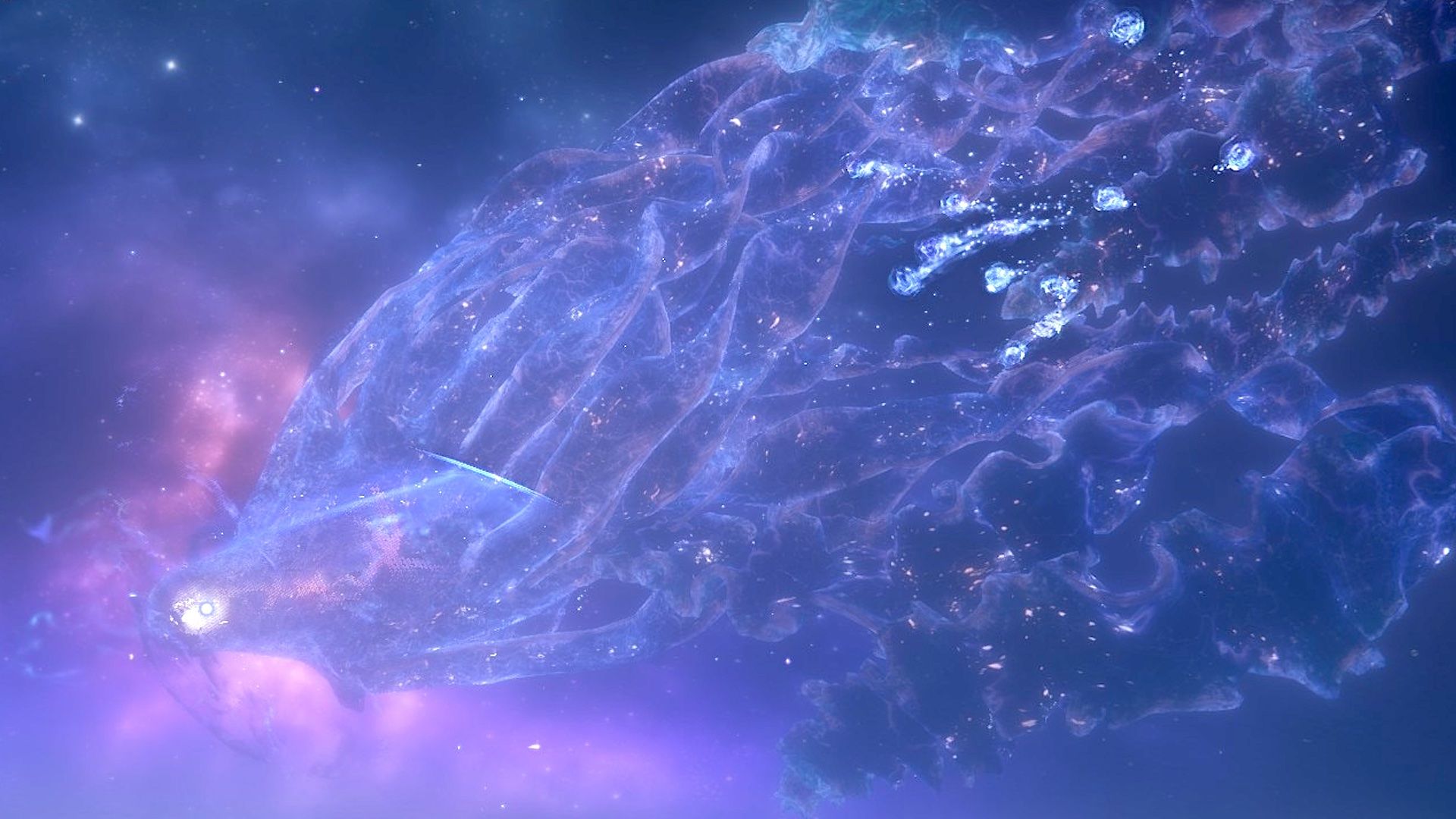Today, Canadians are casting their ballots in the 2025 federal election to pick the next government — but choosing a winner isn’t as simple as you might think.
While the leader of the party that wins the most seats usually becomes prime minister, that’s actually not always the case, and it’s definitely not the default. Thanks to the way Canada’s parliamentary democracy works, a party can “win” the federal election but still not form government.
UPDATE: The Liberal Party is projected to win the 2025 federal election. You can find out more at Narcity’s 2025 federal election hub.
With 343 seats up for grabs for the first time and the polls still tight, the stakes are huge. Liberal leader Mark Carney and Conservative leader Pierre Poilievre are vying for a shot at leading the 45th Canadian Parliament — but depending on tonight’s results, who actually ends up in charge might surprise you.
It’ll take more than just winning the most seats for a party to govern — and Poilievre, in particular, could have a tough road ahead of him if he doesn’t win a majority tonight.
How Canada’s electoral system actually works
As many Canadians know, Canada doesn’t vote directly for a prime minister. Voters choose a local representative — called a member of parliament or MP — in their riding. Whichever party wins the most of the 343 seats usually gets to form government. But not always.
If a party wins a majority of the seats (172 or more), it’s pretty straightforward: Their leader becomes prime minister.
But if no party wins a majority, things can get complicated.
In that case, it isn’t automatically the party with the most seats that gets to run the show. Canada’s Constitution and traditions say it is about who can “command the confidence of the House,” meaning who can get enough MPs to back them in key votes.
The role of the Governor General
The Governor General — currently Mary Simon — represents King Charles III in Canada and plays a crucial role. After the election, the Governor General needs to make sure there’s a prime minister who has the confidence of the House of Commons.
If Mark Carney’s Liberals, for example, do not win the most seats tonight but believe they can get support from smaller parties like the NDP or the Greens, Carney could decide not to resign. Instead, he could tell Simon that he plans to face Parliament and try to prove he still has enough backing to govern.
It’s only if he can’t get that support — or if he loses a confidence vote — that he would have to resign and let someone else, like Pierre Poilievre, have a shot.
Real-world example: B.C.’s 2017 election
While this hasn’t happened federally in quite some time, there are a few recent provincial examples. In the 2017 B.C. election, the BC Liberals under Christy Clark won more seats than any other party — but they didn’t win a majority. The BC NDP, despite winning fewer seats, made a deal with the Green Party to work together.
After Clark lost a confidence vote, the lieutenant governor asked the NDP’s John Horgan to form government instead. Horgan served as premier of the province with just 41 of the B.C. Legislature’s 87 seats for over three years before calling a snap election in 2020, which earned his party a majority government and second consecutive term.
It just goes to show, a party doesn’t need to have a majority — or even the most seats — to remain in power.
How things could go down tonight
Let’s look at an example scenario: Say Pierre Poilievre’s Conservatives win the most seats tonight, but not a majority.
Once the polls close, Elections Canada will start counting the votes and certifying the results. This process can take a little time, but generally, by late tonight or early tomorrow, we’ll have a pretty good idea of how many seats each party has won.
If Pierre Poilievre’s Conservatives end up with the most seats — but less than the 172 needed for a majority — Mark Carney actually stays on as prime minister, for now, by default. Under Canada’s system, the Governor General does nothing immediately — she only steps in if someone concedes and resigns or loses the confidence of the House of Commons.
At this point, Carney would have a choice to make:
Option 1: Resign. If Carney believes he can’t realistically hold onto power — maybe because the numbers are heavily against him and he doesn’t have the support of other parties — he could choose to step down.
If that happens, the Governor General would invite Poilievre to try to form government. Even then, Poilievre would still need enough support from other parties to survive the first confidence vote when Parliament sits. Without a majority, he would need to negotiate support from other parties to survive that first test.
Option 2: Stay and try to govern. If Carney believes he can pull together enough support — like from the NDP or the Greens — he could decide to stay on and face the new Parliament. His government would be tested early, usually through a confidence vote tied to the Speech from the Throne — which would probably give him about a month to cut a deal before the first session of the new Parliament.
If he loses that vote, he would be forced to resign. Only then would the Governor General ask another leader — most likely Poilievre — to try to form government.
Even though Parliament technically does not have to meet for up to a year, politically, a new session would be expected within weeks. That first sitting — and the first confidence vote — would be the real moment of truth.
The bottom line
At the end of the day, Canada’s electoral system is built on the idea of trust and support in the House of Commons, not just winning the most seats. That’s why what happens after the polls close tonight could be just as important as the results themselves.
Whether it’s Mark Carney, Pierre Poilievre or someone else walking into Rideau Cottage as the next prime minister, they’ll need more than just a big seat count — they’ll need the confidence of Parliament to really claim the top job.















